
How Del Monte upholds the rights of its workers
The men and women keeping Del Monte’s rich legacy alive speak out.
The company, which marks its 60th anniversary this year, employs over 7,700 workers.
In Summary
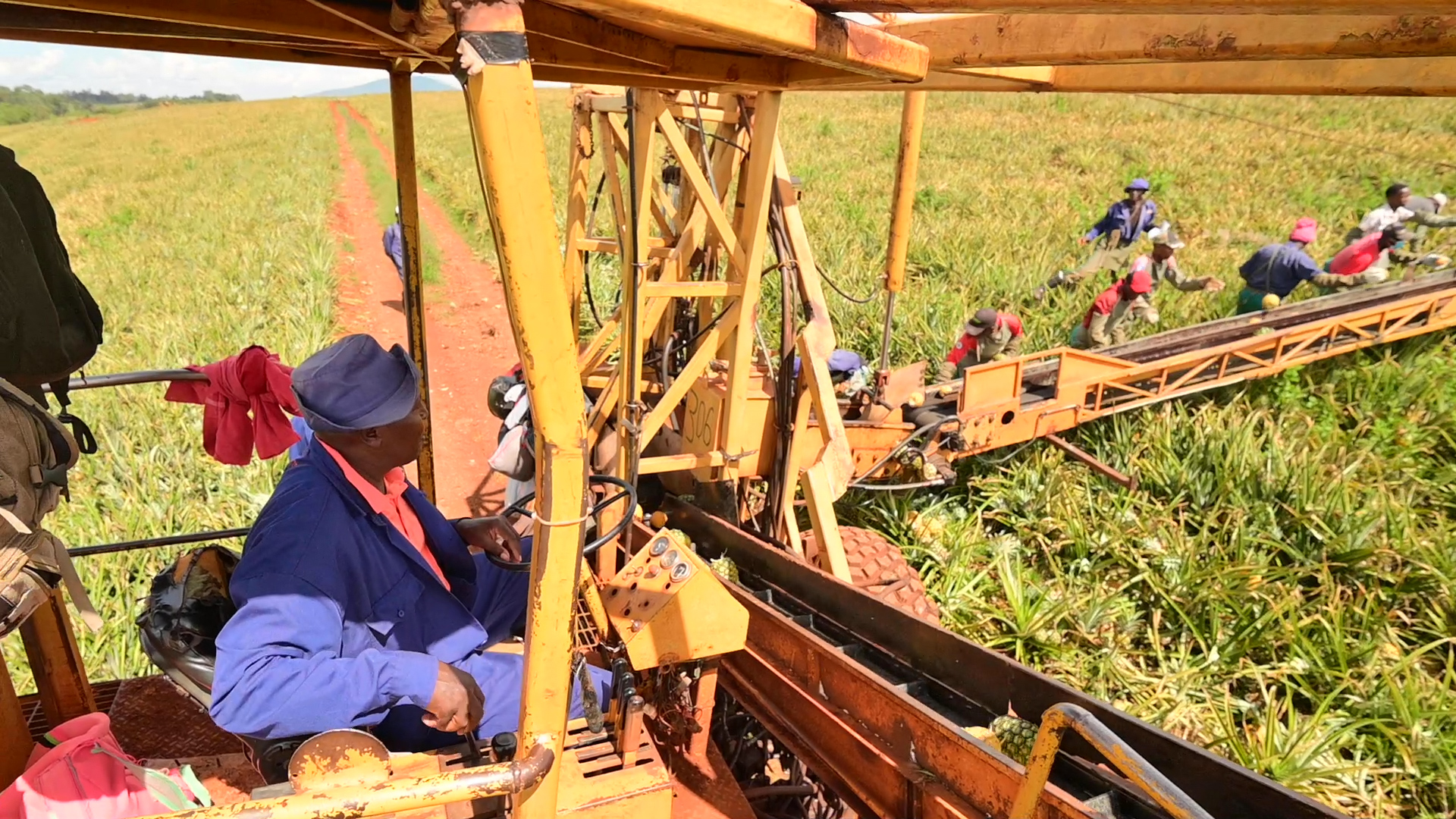
In the heart of Thika, where the scent of ripening pineapples fills the air and rows of green fields stretch toward the horizon, Del Monte Kenya Limited has not only planted fruit but also deep social roots.
As one of the largest single employers in the region, Del Monte Kenya is more than a fruit company. It is a critical pillar of the community.
The company, which marks its 60th anniversary this year, employs over 7,700 workers and indirectly supports thousands more.
A legacy beyond fruit
Del Monte Kenya isn’t just a farm. It’s a community. The company has been in operation for over 60 years, developing infrastructure for its workers and surrounding communities.
“We have built houses, schools, clinics and we still maintain those services for our workers and their families,” Del Monte Kenya’s Human Resources Manager Gedion Kimutai.
Many employees live on-site in residential areas provided by the company, while others commute from neighboring towns. Either way, the ripple effects of Del Monte Kenya’s presence are widely felt in the region.
Housing for workers
On the outskirts of the farm, Del Monte Kenya has established housing facilities for its employees. These residential blocks are within walking distance of workstations and come with essential amenities such as water, electricity, garbage collection, playgrounds and social halls.
“You see a lot of housing around, and this is part of the facilities that we have for our employees,” Jorge Miranda, Del Monte Kenya’ Agriculture Operations Manager said.
The housing program not only reduces commuting stress for employees but also ensures they live in safe, regulated environments. Some of the settlements around Del Monte Kenya’s farms have grown into full communities with schools, evidence of the ripple effects of stable employment.
Del Monte Kenya Welfare, Diversity and Human Rights Manager Jane Nyambura stated that they have made significant strides in improving housing for over 2,500 families within its estates.
“A phased plan is underway to construct self-contained two-bedroom houses, replacing previous single-room units with upgraded two- and three-room houses. Forty houses have been completed,” Nyambura said.
The initiative directly supports the company’s vision for dignified living, promoting comfort, privacy and stability for its workforce. Further, Del Monte Kenya has taken social engagement and wellness into consideration by organising inter-village games. This fosters a vibrant community spirit and provides a safe and fun social platform.
These events double as platforms for important life training, including financial literacy, nutrition and parenting, reproductive health awareness, and substance abuse prevention.
Other community building efforts include gender-based violence education, business
development skills and workers’ rights and mental wellness.
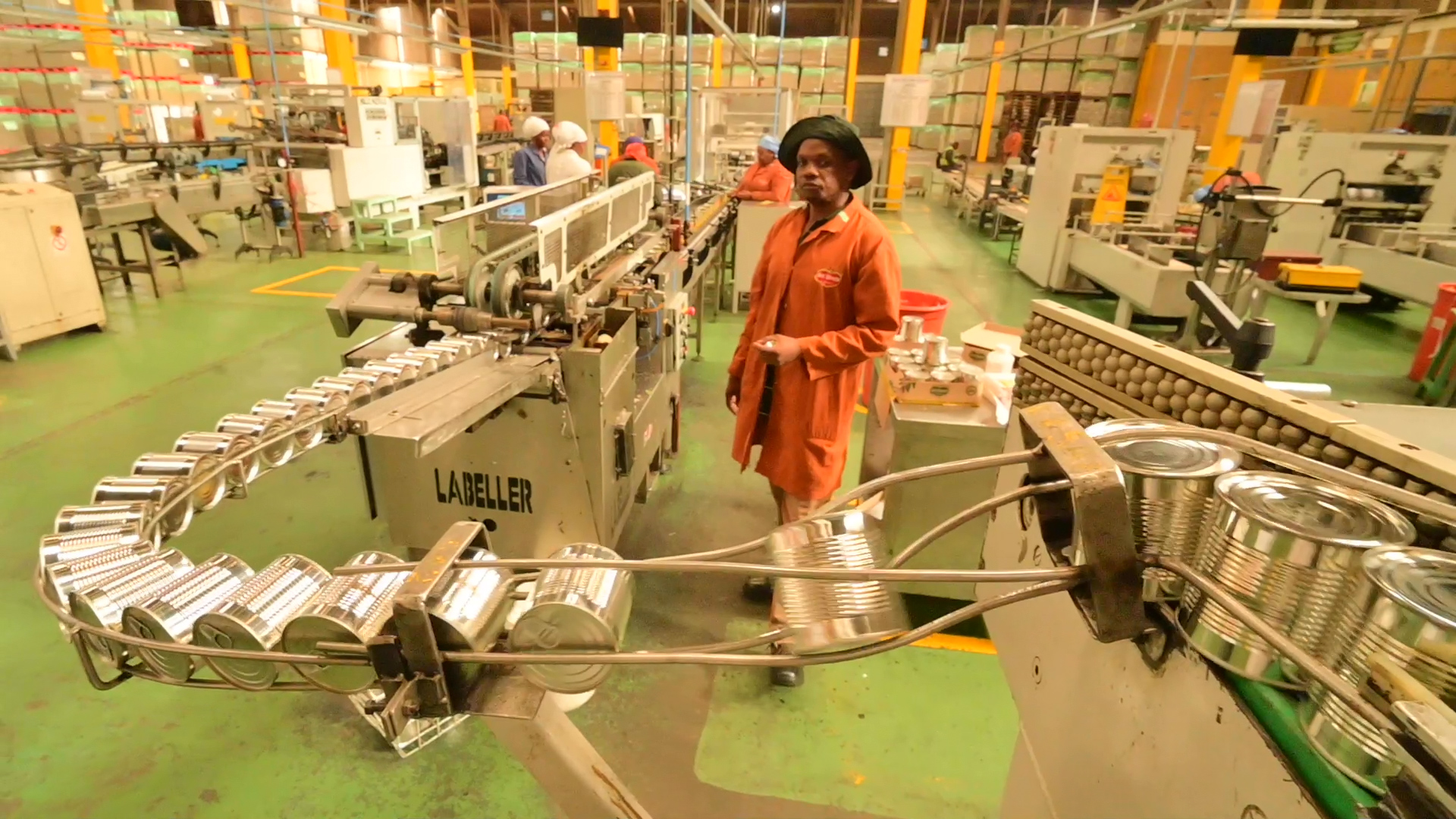
Del Monte Kenya clinics: Bringing healthcare closer
Beyond the factory floors and pineapple fields, Del Monte Kenya has established six health clinics to serve both employees and the surrounding communities.
The clinics are staffed with qualified nurses and doctors, and offer services such as outpatient care, maternal health, immunisations, and treatment of minor injuries or illnesses.
“At Del Monte Kenya, we believe that good health is a prerequisite for productivity. That’s why we have invested in well-equipped clinics across our operations, staffed with qualified nurses and medical personnel,” Kimutai said.
Del Monte Kenya has also collaborated with health authorities to offer occasional outreach services such as HIV/AIDS awareness, blood donation drives, and cervical cancer screenings.
“We have also partnered with county health authorities to run medical outreach programs, including cancer screening, HIV awareness and reproductive health education. These efforts are part of our broader commitment to community wellness,” he added.
These efforts, while not always visible to the public eye, make a significant difference in a region where healthcare access can be a challenge.
In October 2024, over 1,350 residents attended a free medical camp at College Primary School in Makuyu, Murang’a County, where more than 100 health workers provided screenings and treatments for breast, cervical, and prostate cancers, along with general care and education sessions.
In 2024, DMKL signed the UN Foundation principles of women empowerment and in 2025, the company signed to Women Empowerment Principles by UN Women and UN Global compact.
Workers can receive medical attention without traveling far or taking extended time off work, increasing both productivity and quality of life.
As part of its corporate social responsibility, Del Monte Kenya has also participated in public
health initiatives, including COVID-19 awareness campaigns, clean water projects and menstrual
hygiene programs for schoolgirls.
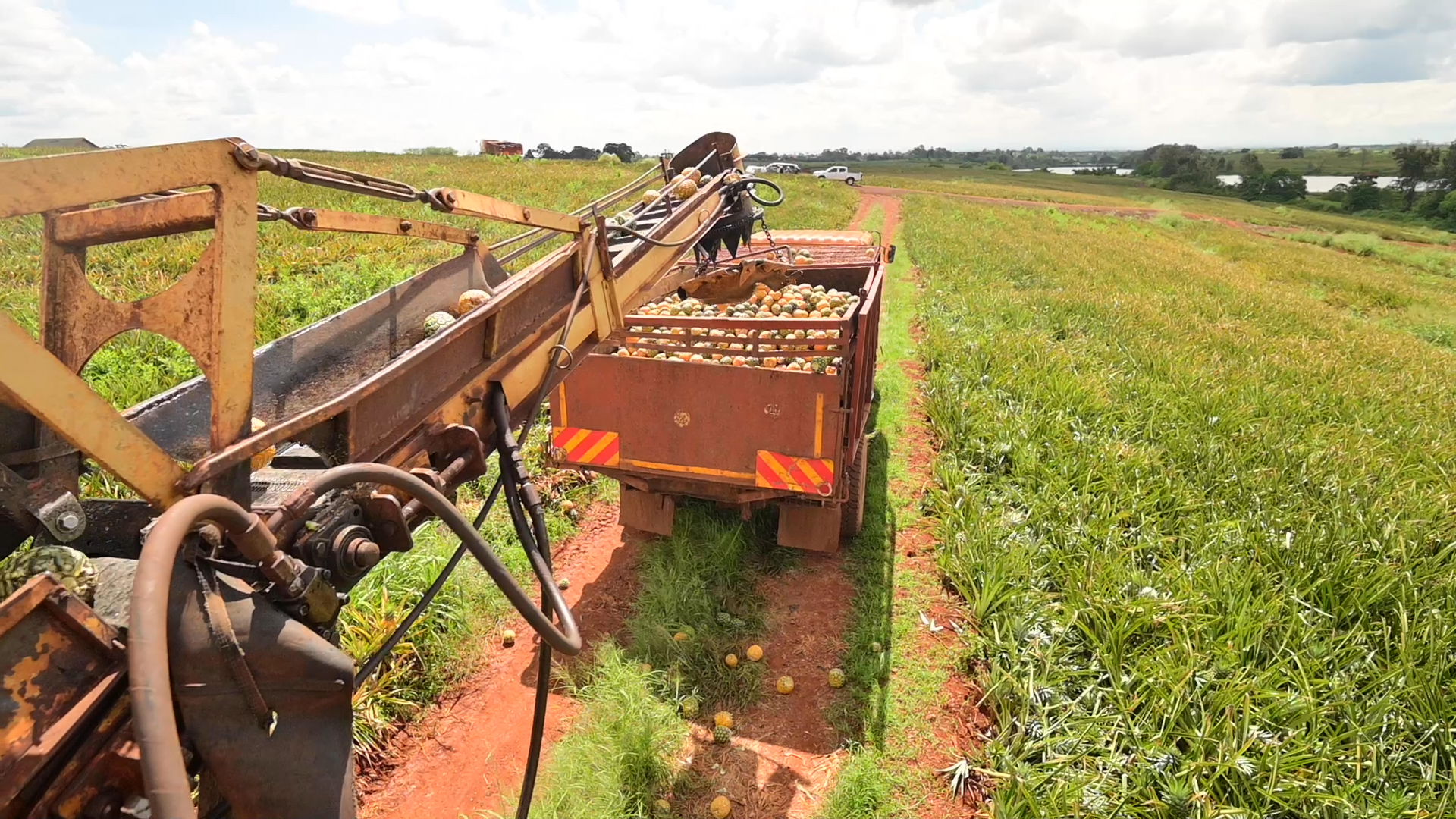
Investing in road infrastructure
Del Monte Kenya’s social impact extends to transportation infrastructure, especially roads within and near the farm zones. Over the years, the company has invested in constructing and maintaining access roads that link its expansive farms to the main Thika-Garissa Highway and feeder roads that benefit local residents.
These roads are vital for moving harvested fruit to processing facilities quickly, but they also double as community lifelines, connecting schools, markets and homes.
“Over the years, we have maintained access roads within and around our farms. These roads ensure our produce reaches the market swiftly, and they also benefit residents by connecting schools, homes and public spaces,” Kimutai said.
During the rainy season, many rural roads become impassable, but those maintained by Del Monte Kenya often remain functional due to regular grading and graveling. This kind of private investment in public infrastructure underscores the company's role in local development.
Improved roads mean more than better fruit transport; they represent economic access and mobility for thousands. “It is part of our responsibility as a good corporate citizen to invest in infrastructure that supports both economic activity and social mobility,” Kimutai said.
Del Monte schools
Since 1960, Del Monte Kenya has played a key role in advancing education in the communities surrounding its operations. The company supported the establishment of Kihunguro Primary School, which has since benefited nearly 3,000 learners.
Over the years, Del Monte Kenya has gone on to help start three additional primary schools and eight nursery schools offering early childhood education.
In 2010, the company opened Del Monte Mixed Secondary School, located within one of its farms. In the past decade alone, more than 12,000 students have passed through these institutions, including over 1,800 at the Del Monte Secondary School, Murang’a County’s first community secondary school in Mitubiri Ward.
The school continues to receive significant financial and logistical support from the company. Additionally, Del Monte Kenya supports early childhood education by fully funding four nursery schools staffed by eight well-trained teachers.
Nyambura said these teachers are versed in the Competency-Based Curriculum (CBC), ensuring that children receive quality early learning experiences close to home.
“This support helps working families balance professional and parental responsibilities more effectively,” she added.
Del Monte Kenya's community outreach goes beyond employment and infrastructure.
The company actively supports local education and environmental conservation initiatives.
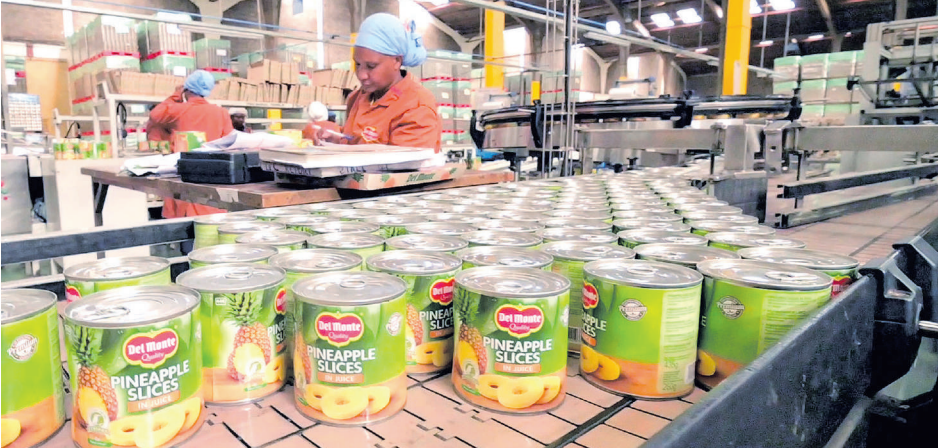
Strategic community engagement
Nyambura said Del Monte Kenya is embracing a new strategic framework focusing on business and human rights, corporate sustainability and corporate social responsibility. This framework promotes co-creation of solutions with community members, ensuring relevance and inclusivity.
“It lays the groundwork for partnerships that strengthen both social impact and business performance,” Nyambura said. “DMKL is demonstrating a progressive and holistic approach to community development and workers’ welfare. It is not just about improving lives but also building a culture of dignity, support, and shared progress.”
Additionally, tree planting drives and riparian area restoration efforts are helping to mitigate the company’s environmental footprint.
A culture of structured labour relations
At the core of Del Monte Kenya’s internal operations is a well-established partnership with the Kenya Plantation and Agricultural Workers Union (KPAWU).
Francis Mwangangi, the Chief Social Worker at KPAWU and also an employee in the company’s irrigation department, believes Del Monte Kenya is a model employer.
“We have a Collective Bargaining Agreement (CBA) in place, which we trust is among the best in the country,” Mwangangi said during an interview. “It is negotiated every two years between the company and our union.”
Their Collective Bargaining Agreement (CBA) covers not just salaries, but also working conditions, provision of Personal Protective Equipment (PPE), grievance redress mechanisms and policies on sexual harassment and employee discipline.
“The CBA plays a big role in employee welfare. It outlines clear boundaries on what the management or heads of departments can or cannot do,” Mwangangi added.
Del Monte Kenya’s labour relations trace back to the first CBA signed in 1981. Since then, numerous agreements have been reached, progressively improving conditions for workers.
“It is not always perfect. We sometimes face challenges, but we address them through dialogue.
We sit with management and find amicable solutions,” Mwangangi said.
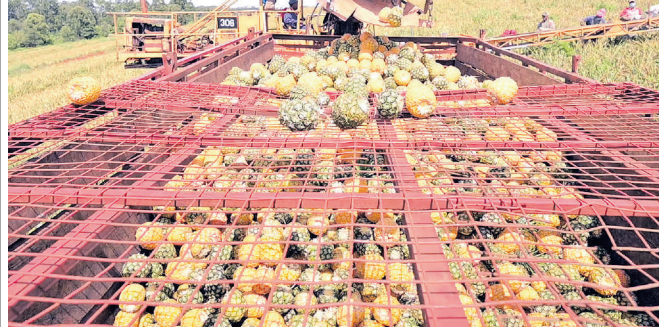
A mutually beneficial partnership
For Mwangangi and many like him, Del Monte Kenya’s value cannot be overstated. “To my fellow employees, I think the company we are working in is a friendly company,” he said.
“We may have ups and downs, but when we come together as a union and management, we reach agreements. Even when we have grievances, they are handled in a fair manner.”
Del Monte Kenya’s future appears firmly anchored in community-centred growth. With advancements in smart farming and a renewed commitment to workers' welfare and surrounding residents, the company continues to balance productivity with responsibility.
From healthcare clinics to road management and affordable housing, Del Monte Kenya is demonstrating what a socially-conscious employer can do, both inside and outside the farm gates.

The men and women keeping Del Monte’s rich legacy alive speak out.

Del Monte has employed more than 7,700 workers